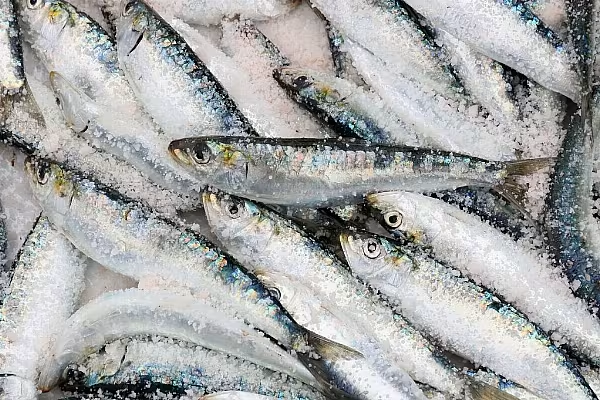Britain's meat and seafood exports to the European Union recovered in February from the January slump that followed the country's exit from the EU's single market and customs union, a government official said, citing preliminary data.
Additional checks and paperwork for British exports since the end of the Brexit transition period on 31 December have led to delays and crippling costs for many businesses, putting mounting pressure on the conservative government that ushered in Brexit to find solutions.
Britain's goods exports to the EU in January slumped 40.7% from December, with a 64% fall in exports of food and live animals, according to the Office for National Statistics.
Recovery In Exports
Indications are that exports recovered sharply in February however, according to an official from the Department for Environment, Food and Rural Affairs (Defra), citing data on export health certificates (EHCs).
The data, said David Kennedy, Defra director-general for farming and biosecurity, shows EHCs - now required for all animal product exports to the EU - doubled in February versus January levels.
Kennedy was speaking at a parliament select committee enquiry into British meat and seafood exports to the EU.
Under a Brexit deal reached in late December, British trade with the EU remains free of tariffs and quotas on goods, but exporters - especially sellers of fresh produce - say their businesses are still threatened by increased costs and delays.
Challenges
The British meat industry has warned of a permanent loss of export trade with the EU of between 20% and 50% even after post-Brexit 'teething problems' are ironed out, with trade involving trucks carrying mixed items - a process known as groupage - all but halted.
Farming and environment minister George Eustice said the increased cost of trading with the EU does mean small consignments of goods, usually sent in mixed loads by small-to-medium-sized enterprises (SMEs), might no longer be viable.
"We're not writing off SMEs, we're saying in some cases there will be a change to trade. Small consignments, they’ll consolidate around an export agent and larger consignments will be sent to make it worthwhile," he said.
Export Trade
The government says the January slump in Britain's export trade with the EU was inflated by pre-Brexit stockpiling, COVID-19 restrictions and other "teething problems" which will be ironed out.
Industry, especially the seafood and meat sector, has said the problems are systemic and in some cases permanent, with little chance of making up for lost EU trade by finding new markets further afield for fresh products that have delivery time constraints.
Prime Minister Boris Johnson says Britain’s new independent post-Brexit trade policy means it can focus on deals with faster-growing economies around the world.














